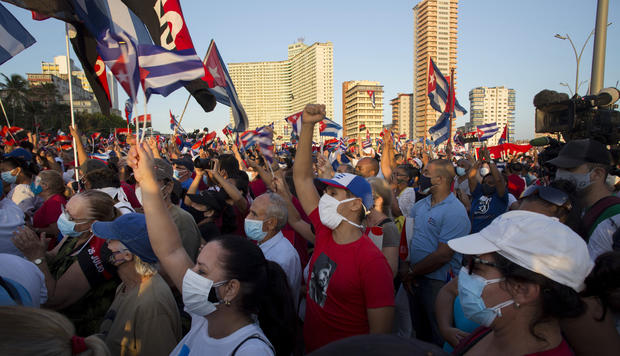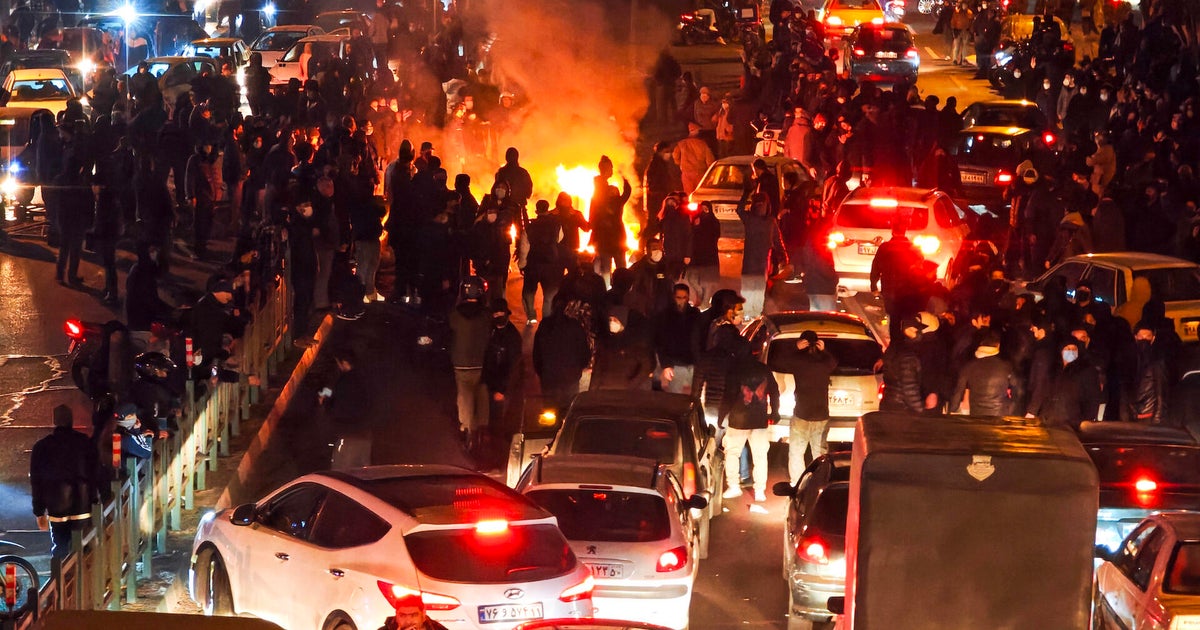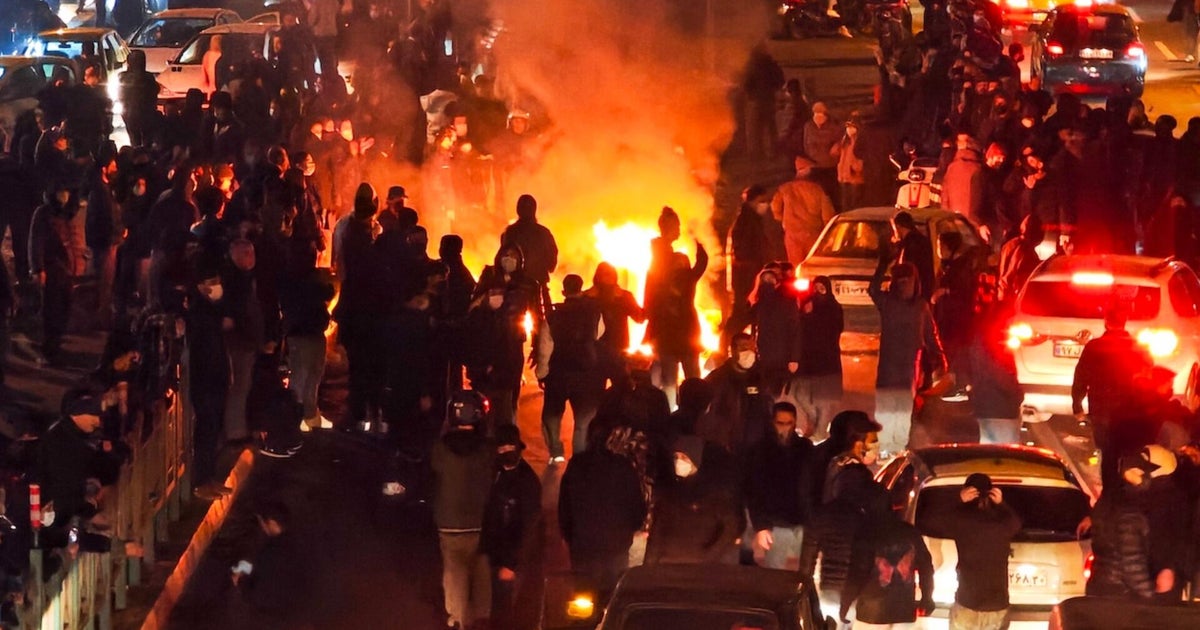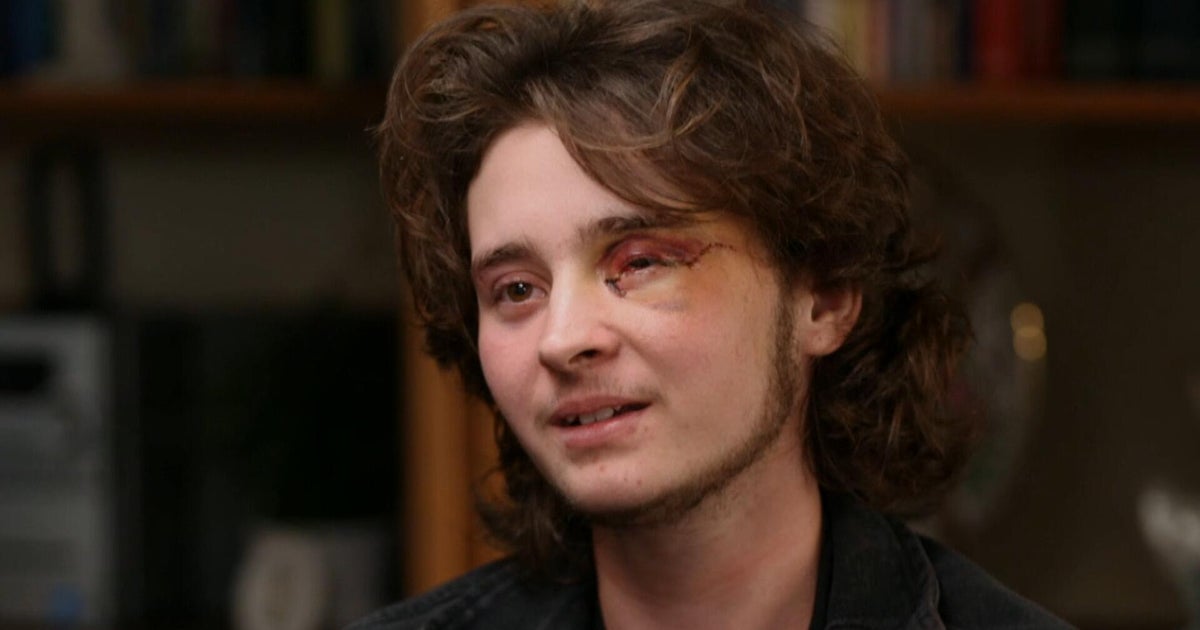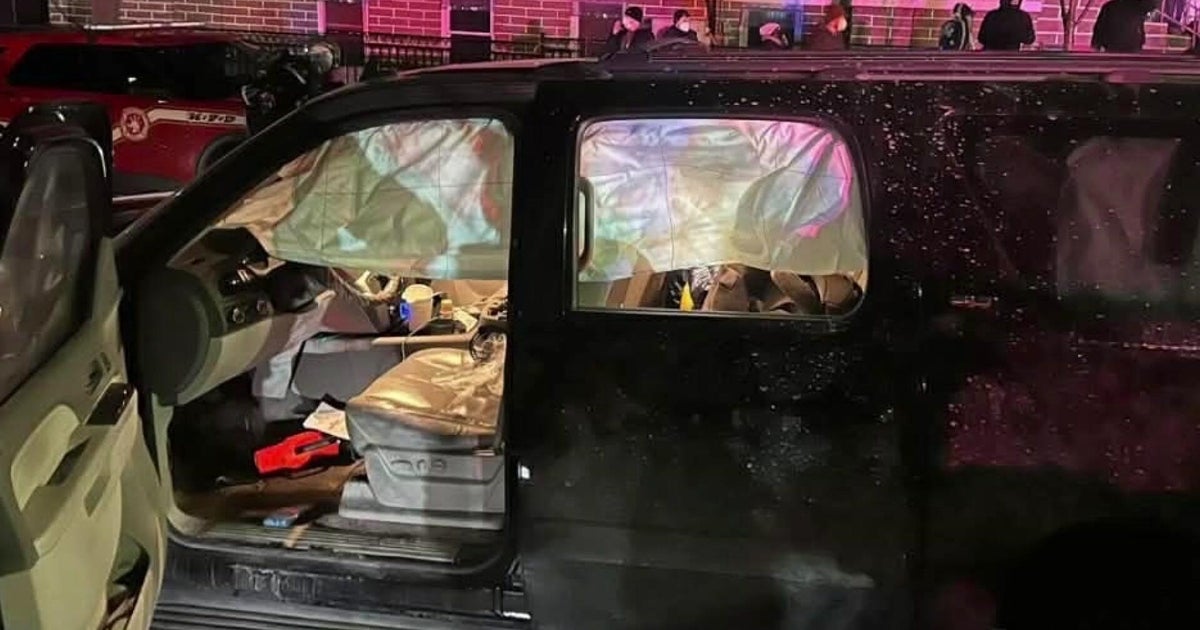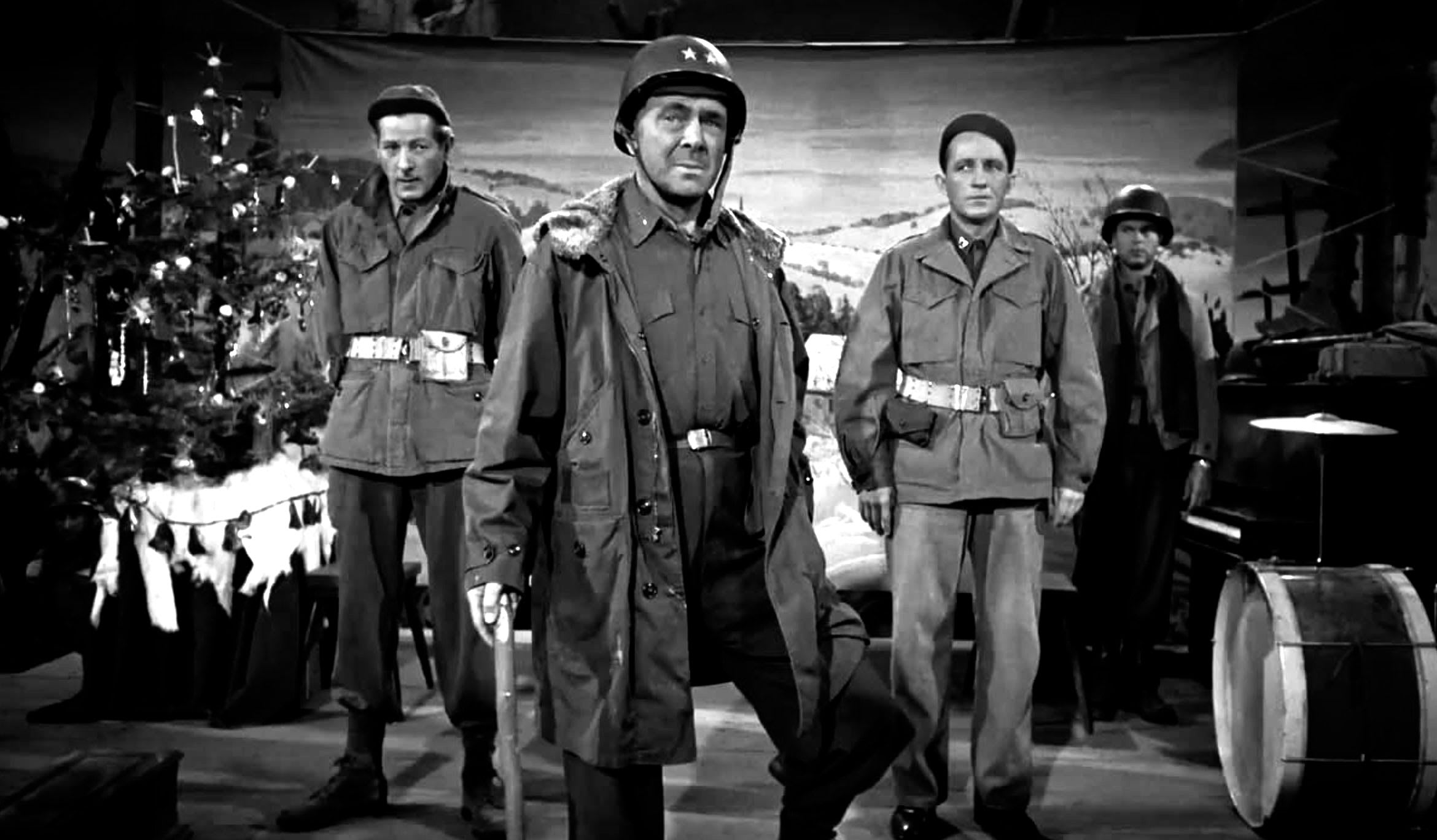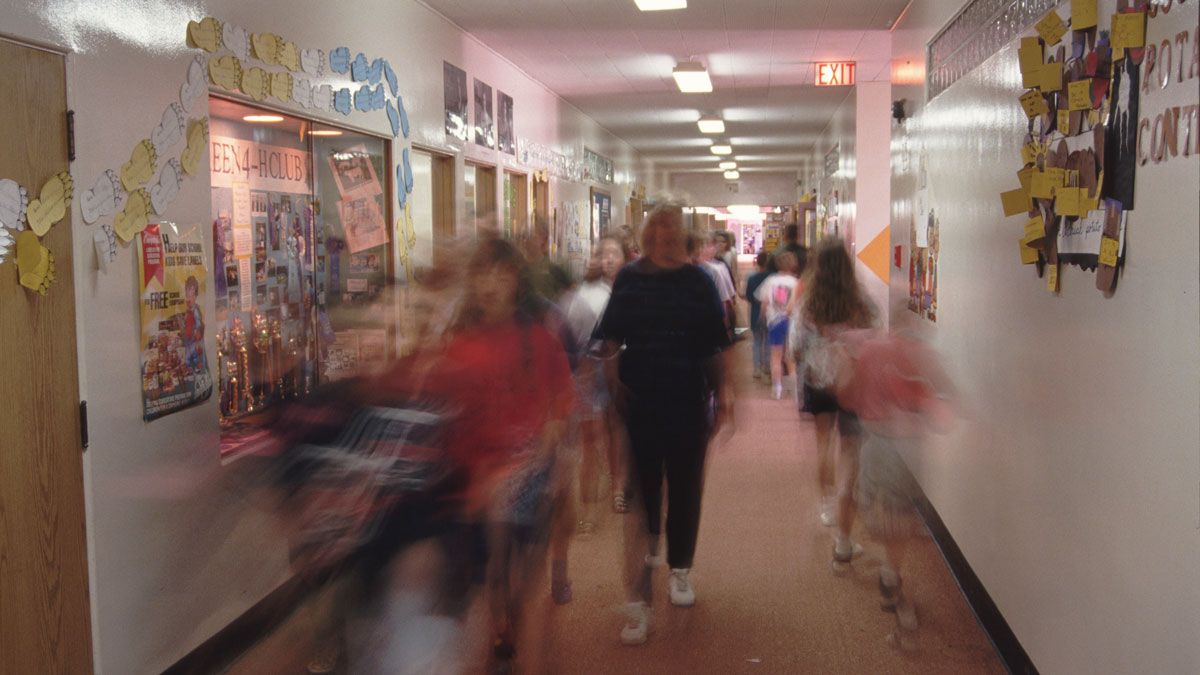Cuban protest anthem "Patria y Vida" wins Latin Grammy for song of the year
Hip-hop song "Patria y Vida" ("Homeland and Life") won the Latin Grammy for song of the year Thursday night, months after it became an anthem for anti-government protests in Cuba. The song also won a Latin Grammy for best urban song.
After receiving one of the top awards at MGM Grand Garden Arena in Las Vegas, Cuban singer Yotuel Romero, who fled the island at 19 years old, dedicated the award to all Latina mothers who "fight for their children's dreams."
"She told me, 'Son, be courageous and do what my generation never could.' he said on stage. "'But mom, you're the one with courage for letting your children go so they can accomplish their dreams.'"
The hit was put together by Romero and a group of other artists, including Descemer Bueno, Beatriz Luengo, Gente de Zona, El Funky and Maykel Osorbo. The song repurposed Cuban dictator Fidel Castro's mantra "Patria o Muerte" ("Homeland or Death") and called for an end to the country's communist and authoritarian regime. It was released in February, and it turned into a rallying cry for protesters during Cuba's biggest demonstrations in decades over the summer.
While it received praise from supporters, it also drew backlash from Cuban officials and pro-communists. The song was banned in the nation and it led to the imprisonment of Osorbo, who is currently in a Cuban jail. An update on his Instagram page published Thursday said Osorbo fell ill after going on a hunger strike. Romero, who wrote the song last December, gave a shoutout to Osorbo during the award ceremony.
Gente De Zona, who is made up of musicians Alexander Delgado and Randy Malcom, talked to "CBS Mornings" in July about the song and risks of speaking out.
"We're talking about the lives of an entire country," Delgado said. "They're killing our people. So, if I have to, or we have to die, for our people, we'd do it. We have to keep denouncing it."
"We knew we'd never be able to step foot on our land again, that we'd never be able to see our families again," Malcom added. "But, Cuba is my family. My family is more than 12 million Cubans who are still on the island suffering."

